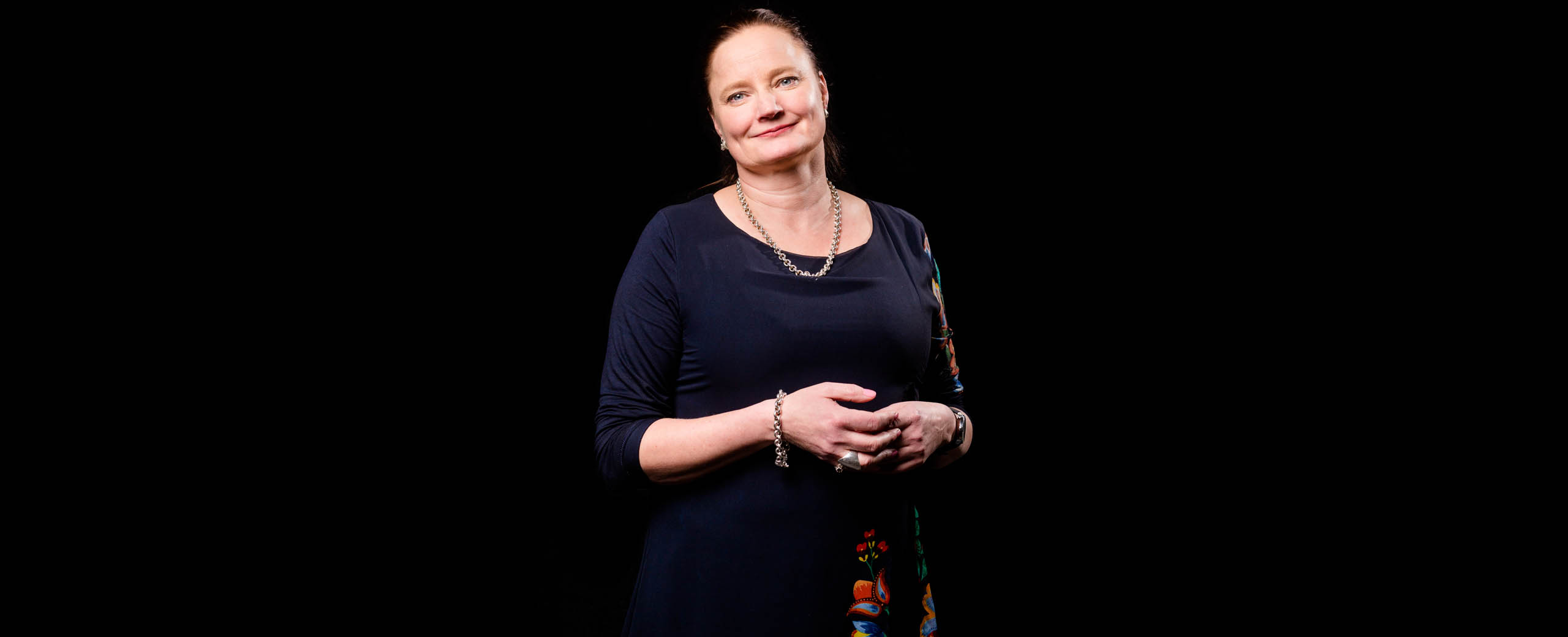President Ursula von der Leyen used her address to ask Europe to build its digital future on clear principles: the right to privacy and connectivity, freedom of speech, the free flow of data and cybersecurity. The recently released European data strategy focused on the importance of empowering people by making clear that individuals should be given the tools and means to decide what is done with their data.
Since 2014 in Finland, the Ministry of Transport and Communications has been encouraging businesses, administration and individuals to consider the opportunities provided by MyData, a new type of personal data model. Since its introduction in 2018, the GDPR has accelerated the development of MyData and the Government Programme of the current Prime Minister Sanna Marin acknowledges the MyData approach for safeguarding the rights of citizens to manage their own data.
MyData Global’s recently published white paper Understanding MyData Operators highlights the development of “trusted intermediaries” since the late 1990s and shows a long history of human-centric personal data. The variety of terms used over the years include infomediaries, personal data stores, personal information management services (PIMS), information banks, data trusts and, something the European Commission introduced to us earlier this year, “providers of personal data spaces”. But what lies at the heart of everything is the new human-centric paradigm for data governance. There is a common understanding that the way big data monopolies operate is not the optimal way for society, individuals or companies. This need to define the European model for a data economy is the reason why co-ordinated action and the pooling of resources is needed at all levels of society.
Since we have consensus on “why”, we need to agree on “how” before rushing into “what”.
Sitra’s current Fair Data Economy project builds on the legacy of the human-centric view of data. However, we cannot stop here and focus only on personal data. Since we have consensus on “why”, we need to agree on “how” before rushing into “what”.
When working as an Enterprise Architect in a large international software company I learned to keep business requirements separate from technical infrastructure. Common understanding is created through agreeing on business needs (“why”) and creating a conceptual model of what we are trying to achieve with technology. Siloed approaches or sector-specific solutions are not resistant to an uncertain future – instead, we should focus on cross-sectoral data sharing and guidelines allowing for the reuse of data. That is the reason why we are suggesting that European decision-makers should focus on data sovereignty and soft regulations to create a more predictable business environment for companies. It is essential that people and organisations have functional control of their data and are easily able to reuse that data. To make that happen, we need to learn from the work done thus far, experiment with bold ideas and pool our resources and knowledge for designing an industry-neutral European vision for a soft infrastructure.
Why is focusing only on industrial data, technology and infrastructure not enough?
To master Europe’s digital future, von der Leyen insisted we focus on three topics: data, technology and infrastructure. She reminded us about the importance of industrial data as an asset for Europe; almost 80% of industrial data that is currently unused is essentially waste. We cannot achieve the twin green and digital transition without using data to its fullest. But let us not forget personal data either.
“Transparency is needed throughout the information value chain, from data sources to algorithms.”
The line between personal data and industrial data is blurring. Automated trust, interoperability and the commoditisation of data should be necessities for and applicable to any type of data sharing, whether the data is industrial or personal. Focusing on a secure European e-identity is important, but we should place an equal focus on how data is enriched and processed for AI-empowered solutions. Transparency is needed throughout the information value chain, from data sources to algorithms. Hopefully “data responsible companies” will be the winners in the future. While data, technology and infrastructure are important aspects, it is even more important to start with purpose. The rationale should be the driving force, not the “whats” such as the implementation methods, technology or infrastructure.
The storm will pass
There are many ways digitalisation can help in the recovery from the COVID-19 crisis. Still, we should not be pressured into permanent solutions and sacrifice our core values. As Yuval Noah Harari wrote: “This storm will pass. But the choices we make now could change our lives for years to come”.
Thinking first before acting is hard in the crisis. But we need to take a moment to learn from the work done with human-centricity, experiment and test bold ideas to adapt our strategies and finally pool our resources and knowledge to design an industry-neutral European vision for the soft infrastructure needed for a fair digital future.
“Thinking first before acting is hard in the crisis.”
The European Health Data Space will play an important role in enabling research and innovations for a bolder digital future. The European Commission, its member states and Sitra, in its co-ordinating role, drafted the provisional mission statement for the TEHDAS Joint Action: “In the future Europe, citizens, communities and companies will benefit from protected and secure access to seamless health data that is made available regardless of where it is stored”. Healthcare is not like any other industry – there is domain-specific regulation for sensitive data, major ethical issues need to be discussed and ensuring data privacy to ensure trust is vital for enabling the reuse of healthcare data. We at Sitra, when designing and agreeing on common goals for health data spaces, believe that the role of individuals is important and ensure that we adhere to the following principles.
- Shared goals, guidelines and a clear road map that drives action towards person-centred and data-driven healthcare are needed for the sustainable future of healthcare systems.
- Every person should have full transparency over what happens to his or her data, becoming an active co-architect of health and new digital services.
- Solid, commonly agreed foundations are needed for future healthcare in which more data is generated by every individual outside of the healthcare system.
If you are interested in how individuals could collaborate with professionals to solve critical issues like the sustainability of healthcare systems and maintaining trust, take a look at our newly published working paper Towards trustworthy health data ecosystems. Also, as a company representative, you might find valuable insight from our recent survey on people using smart devices for health data measurement. People are willing and ready to donate their data for research, but they are also calling on companies to build easy-to-use and beneficial new services for their well-being.





















Read more